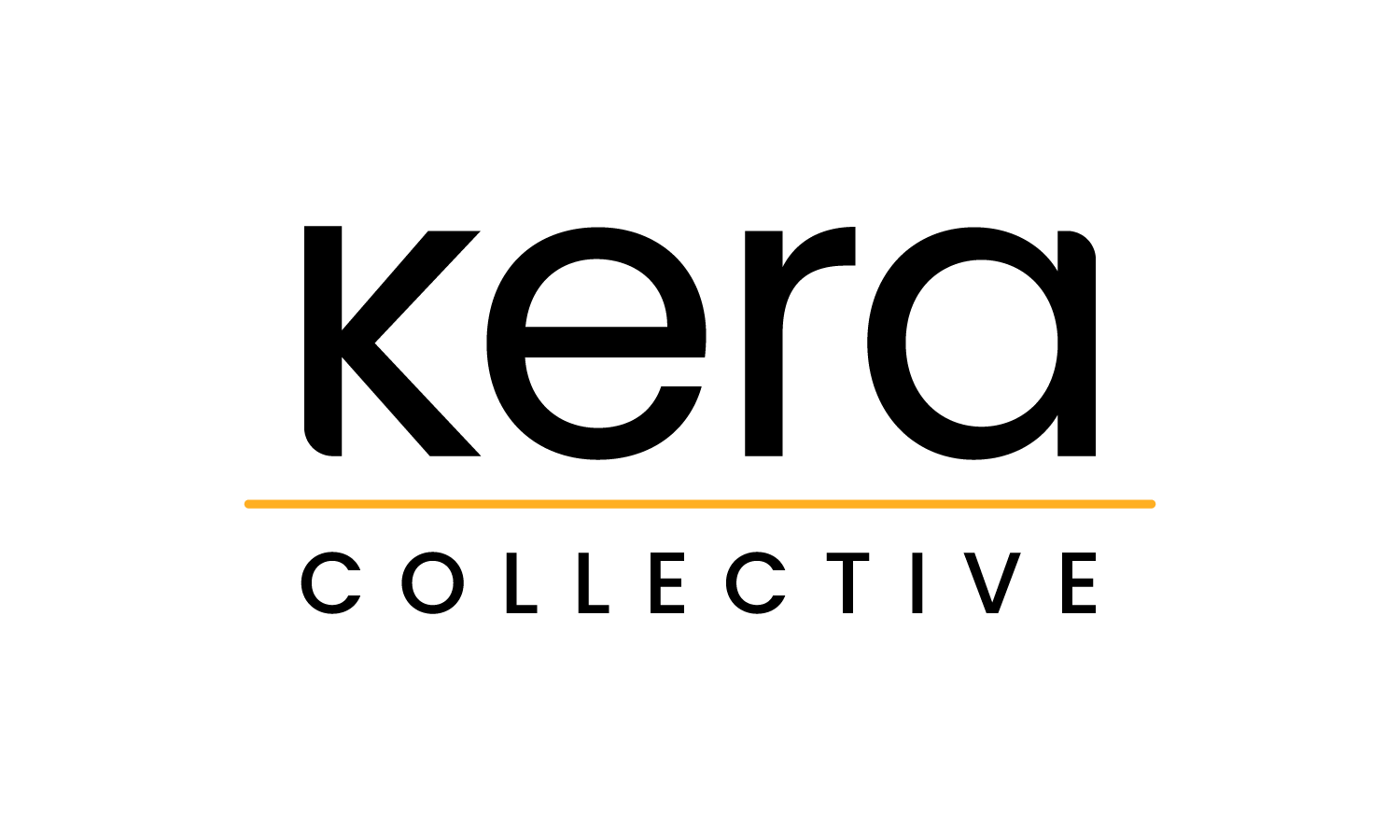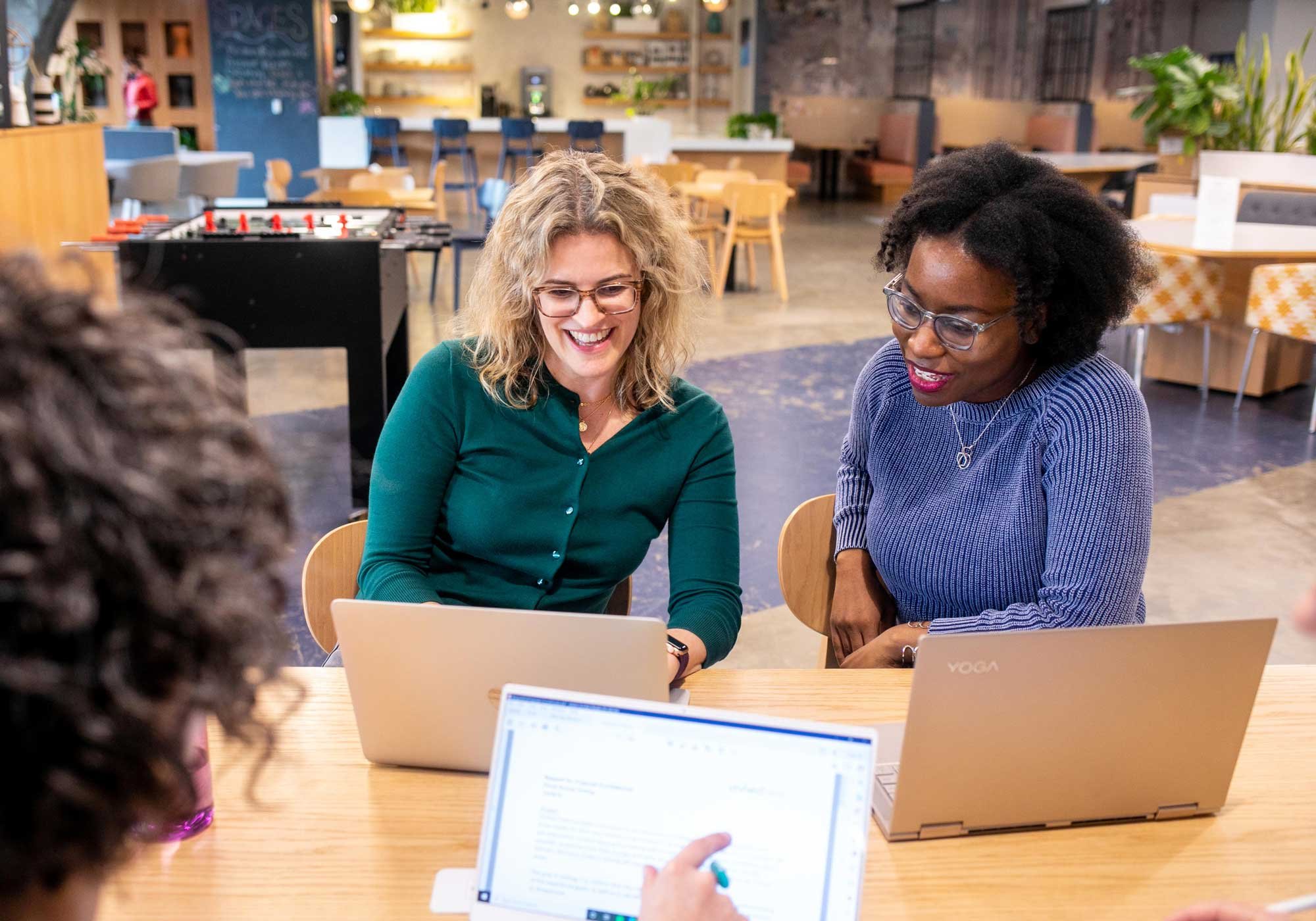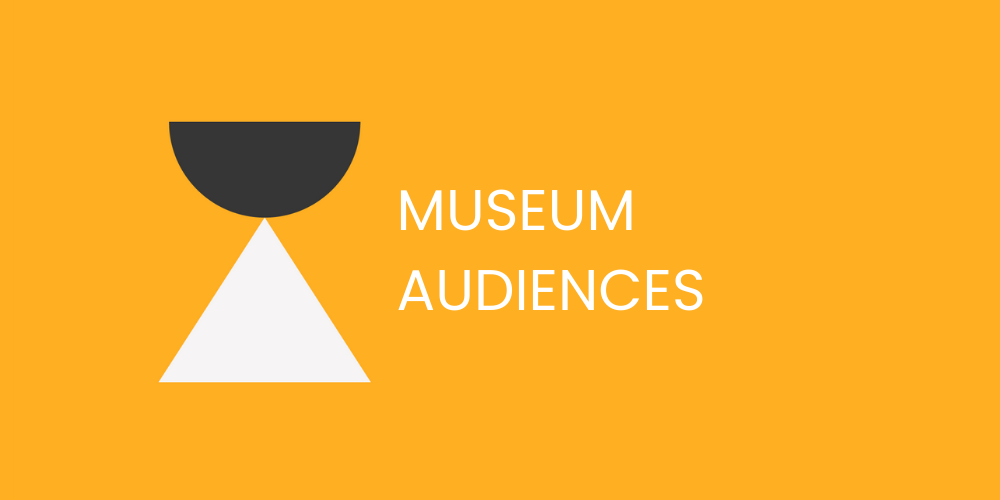
A space for our community to learn alongside us
Insights | Publications | Tools
The latest from our team
Are You Sure That’s a Good Idea?
Museum professionals are the original content creators. They are extremely passionate and possess special knowledge and expertise. These characteristics, in combination with museums’ collections, are a perfect recipe for idea generation. I’ve been in many meetings where the energy exuding from museum professionals about potential new programs, exhibitions, apps, or other initiatives is captivating and contagious.
Expanding Accessibility in Museums: A Conversation with Finnegan Shannon
I sat down with Finnegan Shannon, a disabled artist and activist, to get a better understanding of their perspective on disability and accessibility in museum and art spaces. I was drawn to their work entitled “Do You Want Us Here Or Not” which critiqued the lack of places for rest in museums, ultimately creating inaccessible spaces. Below are a few themes we explored in our conversation.
What Makes Us Human?
Being human-centered means putting people at the center of your work.
This month, our coffee break picks remind us of some of what makes us human: a desire to be accepted, the grace to be vulnerable, and the recognition of our individuality and complexity.
What is Front-End Evaluation?
In evaluation, we sometimes use technical terms to describe our work. Some of the most common terms we use are those that describe different phases of evaluation: front-end (also known as concept-testing), formative research and prototyping, and summative. This post focuses on breaking down the earliest phase of evaluation: front-end evaluation. What is it? Why do we do it? When should we do it? And, what methods work best?
Can Exhibitions Really Change Visitors’ Attitudes and Behaviors?
Exhibitions are a core part of what most visitors experience when they visit museums in person. But, I often wonder, can exhibitions actually achieve some of the more lofty goals that museums might want to accomplish, such as long-term changes in visitors’ attitudes or behaviors?
Walk a Mile in Someone Else’s Shoes
We’ve all heard the saying, “walk a mile in someone else’s shoes.”
It’s a reminder of the importance of practicing radical empathy—listening actively, with curiosity rather than judgment, and remembering that everyone has a unique lived experience. This month, we’re sharing resources that help us see the world from different points of view and respect varied perspectives.
What the The Art of Gathering Taught Me About Convening Focus Groups
Every gathering has the potential to be great. And anyone can learn how to “gather well.” This is the premise of Priya Parker’s 2018 book, The Art of Gathering: How We Meet and Why It Matters. As someone who plans a lot of gatherings in my personal life, I recently picked up a copy hoping to gain some insight into how I could be a better host for my friends and family.
Using Transcript Review to Acknowledge Power Dynamics in Evaluation
As a researcher for Kera Collective, I have been fascinated with the overlap between museum evaluation and my background in English literature, folklore studies, and storytelling. For me, research is storytelling. With a report, there is an author; there is a narrative.
What Makes Ideas Stick?
What makes ideas “stick?”
Our coffee break picks each month highlight ideas that have stuck with each of us for various reasons. Maybe it resonated personally, triggered an emotional response, or was unexpected. We hope some of our picks this month “stick” with all of you.
How Time Got Away From Me, and How I Got it Back
I think about time a lot. As the owner of a small consulting company, I can’t help it. Questions like, “When do you need it?,” “Do we have time?,” or “How much time will that take?” are in regular rotation.
Expanding Accessibility in Museums: A Conversation with Christena Gunther
Christena Gunther, founder and president of Cultural Access Collaborative (formerly Chicago Cultural Accessibility Consortium), sat down with me to delve into what creating accessibility and inclusivity within museums and cultural institutions can look like.
Orientalism 101
As someone who has a background in anthropology and cultural studies, understanding orientalism is something that has become embedded in my approach to not only academic study, but to everyday life.
Is a Survey Really What You Need?
“Why don’t we just do a survey?” If I’ve heard it once, I’ve heard it a thousand times. Surveys are the first instinct for many museums seeking to learn about their audiences (and I’m sure the same is true across many industries).
Go through, not around
It can be tempting to take a shortcut or to try to get around doing something difficult.
But oftentimes, shortcuts and work-arounds do not lead to your desired outcome. This month, we share three very different resources that raise questions about what it takes to get stuff done.
Look Closer
Things aren’t always what they seem. The world is complex and always changing. So look close and get curious about why something is the way it is (or isn’t). Perhaps you’ll start to see something familiar in a whole new way.
How I Pursue Care Ethics in My Work
At this year’s National Art Education Association National Convention (NAEA), I presented (although not in person as intended) as part of a session called “The Ethics of Care: Love, Morals, and the Future of Museum Education.” As my former professor Dana Carlisle Kletchka described in our presentation, the Ethics of Care, or Care Ethics, is a philosophical approach to morals developed in the 1970s with feminist roots.
Making a Difference: Articulating Audience Outcomes
In our work at Kera, we often ask museum practitioners to articulate audience outcomes as a starting point for planning and evaluation. Audience outcomes are the difference a museum intends to make in its audiences’ lives through an experience (like an exhibition or a program).
Data-Driven Designed Experiences - Cathy Sigmond on Matters of Experience Podcast
Matters of Experience is a podcast about the creativity, innovation, and psychology driving designed experiences and encounters. In this episode, Cathy Sigmond chats with hosts Brenda Cowan and Abby Honor about how we use data and insights from human-centered research to help museums connect with their audiences and shape great visitor experiences.
Are You Just Checking Boxes?
This month, we feature three resources about the need for moving beyond performative gestures toward meaningful shifts to address social problems and inequities.
The Benefits of Budget Transparency in RFPs
In recent years, the museum field, like much of the nonprofit world, has faced a reckoning when it comes to salary transparency and equity, sparking change across the industry.









